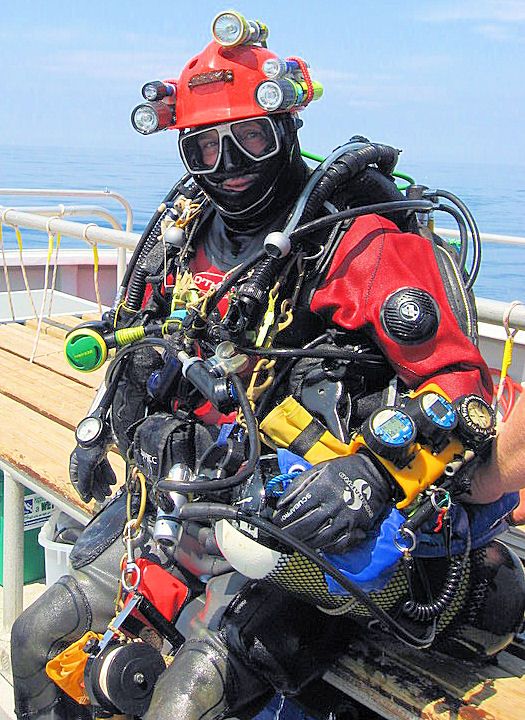Joe90
Member
Hi,
Me and my mate have just started our open water diving stuff with PADI. All is going well however after our first two open water dives (yesterday) i feel like crap. The world was spinning and i felt disorientated. I spent a bit of time last night sucking the O2 bottle dry which helped me out some. This morning i still feel light headed though. Justin who i dived with has just come into work and says he feels lightheaded and a bit out of it too.
For our two dives yesterday i got a maximum depeth of 16m and both dives were 40min in length. Both times stopping at 5m for 3mins on ascent.
Common issue with new divers or something more?
I have spoken to the guy doing our course and he said he he will run tests on the air left in our bottles when he gets home.
Any ideas from the more experienced out there?
Thanks for any help!
Oh oh oh, also Titanium or SS for me knew knife? Pro/Con to each....
Thanks
Me and my mate have just started our open water diving stuff with PADI. All is going well however after our first two open water dives (yesterday) i feel like crap. The world was spinning and i felt disorientated. I spent a bit of time last night sucking the O2 bottle dry which helped me out some. This morning i still feel light headed though. Justin who i dived with has just come into work and says he feels lightheaded and a bit out of it too.
For our two dives yesterday i got a maximum depeth of 16m and both dives were 40min in length. Both times stopping at 5m for 3mins on ascent.
Common issue with new divers or something more?
I have spoken to the guy doing our course and he said he he will run tests on the air left in our bottles when he gets home.
Any ideas from the more experienced out there?
Thanks for any help!
Oh oh oh, also Titanium or SS for me knew knife? Pro/Con to each....
Thanks



